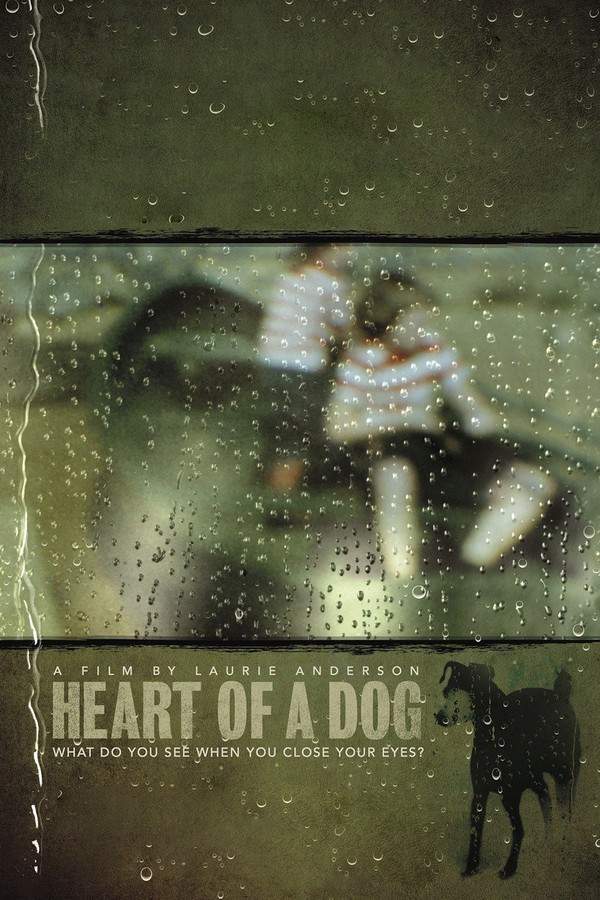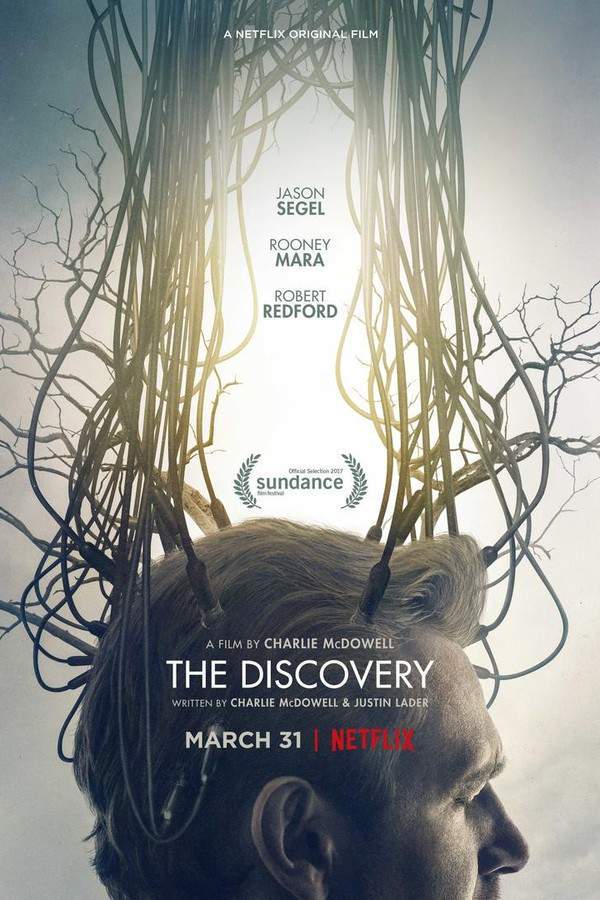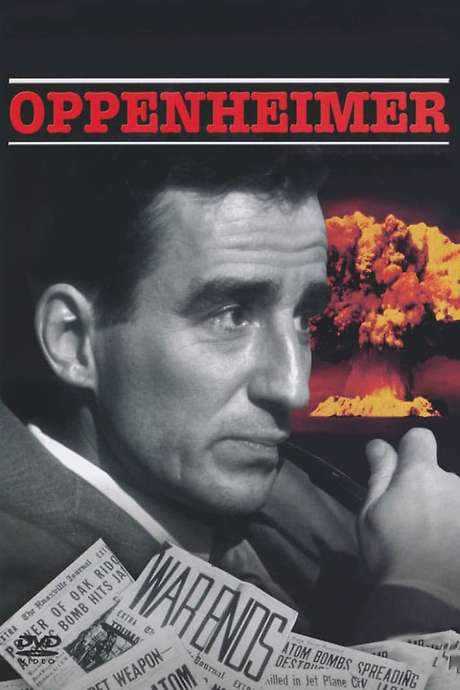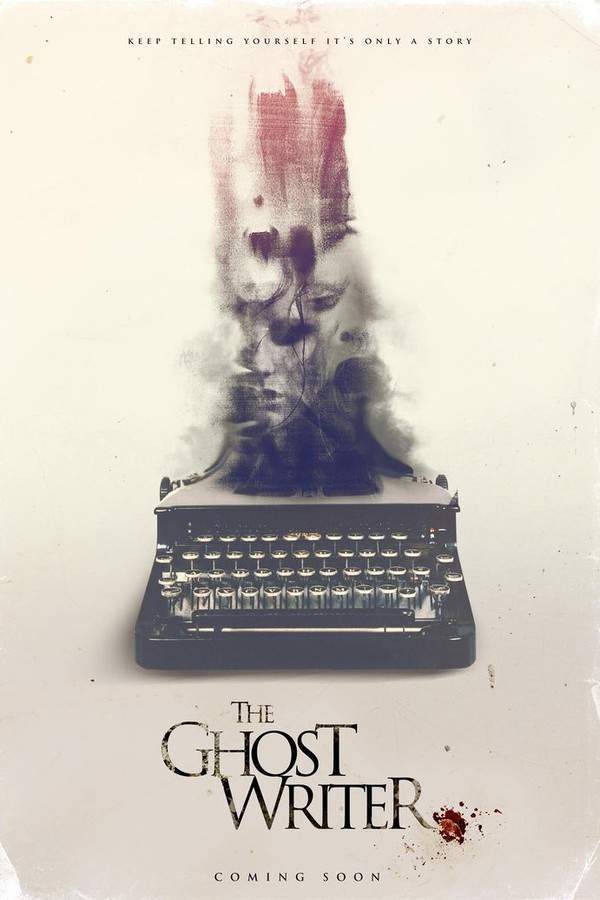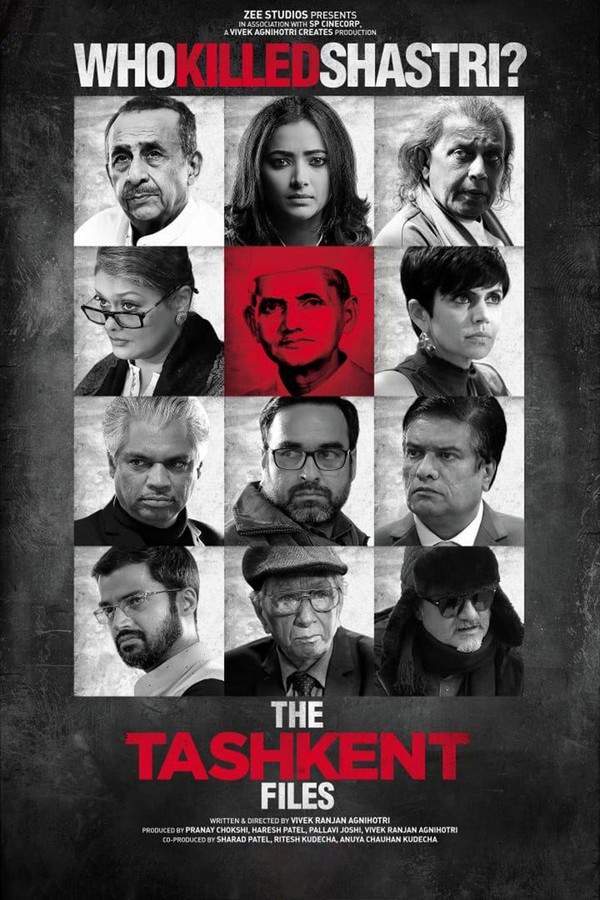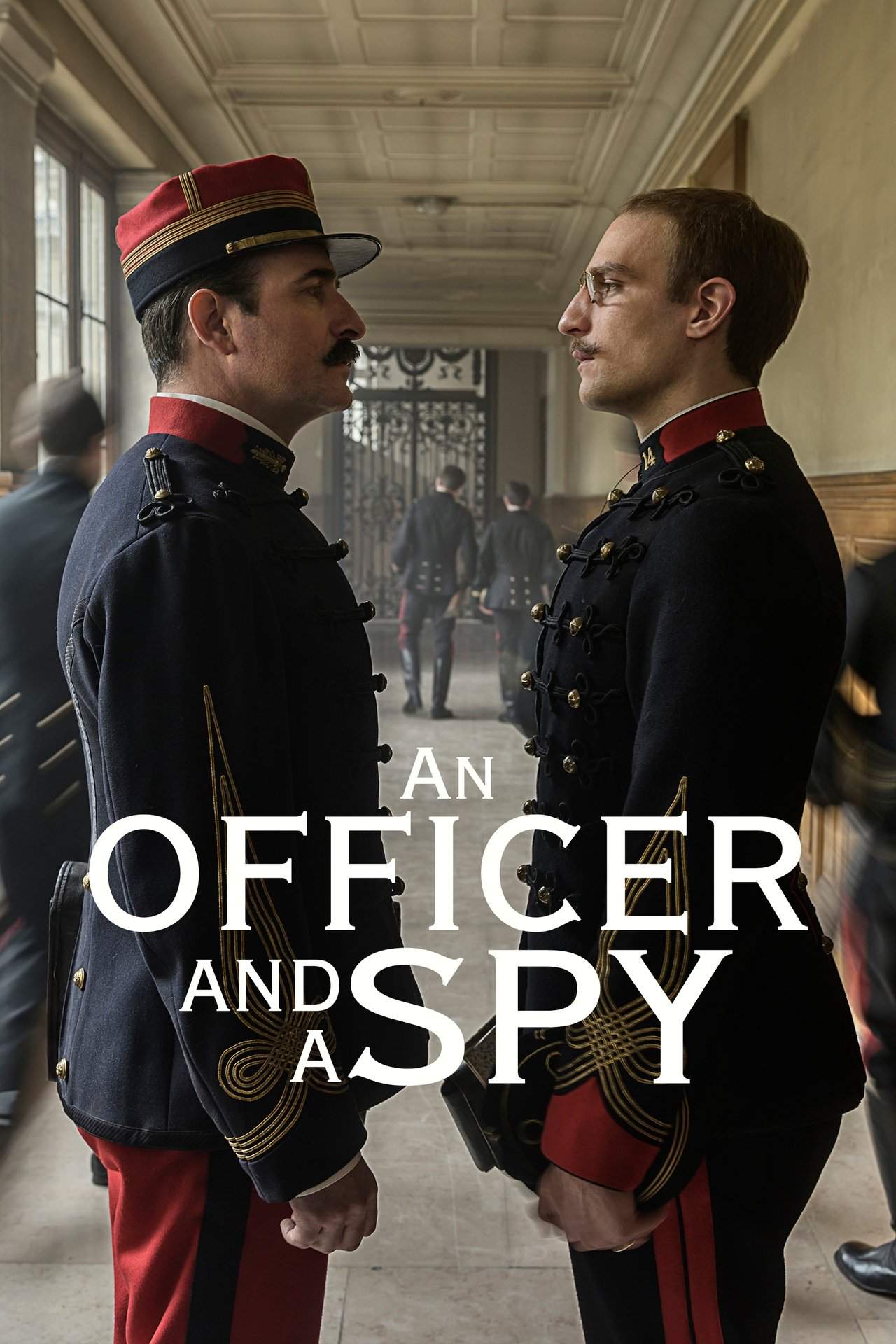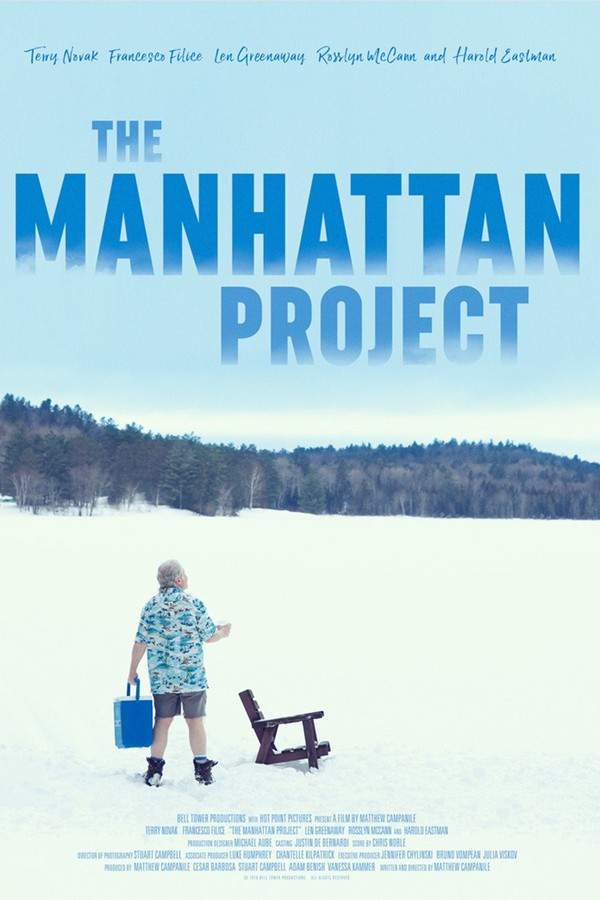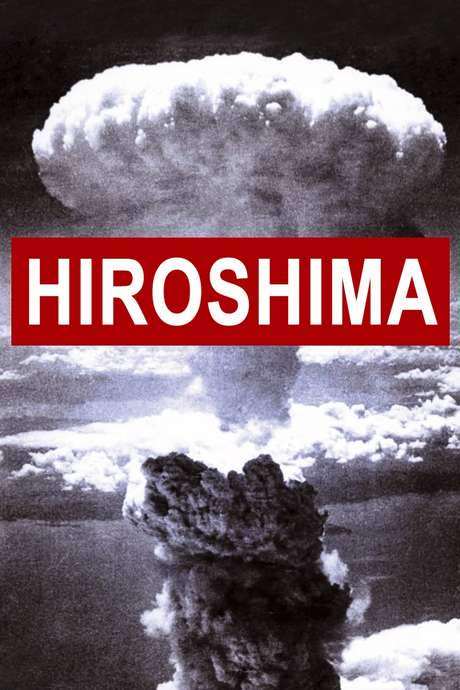
Oppenheimer
Drawing from Kai Bird and Martin J. Sherwin’s biography, American Prometheus, this film explores the life of J. Robert Oppenheimer, the brilliant theoretical physicist who spearheaded the Manhattan Project's development of the first nuclear weapons. His work ushered in the Atomic Age, forever changing the world and grappling with the profound moral and political implications of his creation.
Warning: spoilers below!
Haven’t seen Oppenheimer yet? This summary contains major spoilers. Bookmark the page, watch the movie, and come back for the full breakdown. If you're ready, scroll on and relive the story!
Timeline – Oppenheimer (2023)
Trace every key event in Oppenheimer (2023) with our detailed, chronological timeline. Perfect for unpacking nonlinear stories, spotting hidden connections, and understanding how each scene builds toward the film’s climax. Whether you're revisiting or decoding for the first time, this timeline gives you the full picture.
Last Updated: November 07, 2024 at 22:36
Explore Movie Threads
Discover curated groups of movies connected by mood, themes, and story style. Browse collections built around emotion, atmosphere, and narrative focus to easily find films that match what you feel like watching right now.
Movies about the moral weight of creation like Oppenheimer
Stories of brilliant minds grappling with the devastating consequences of their own inventions.If you were captivated by Oppenheimer's exploration of scientific genius and moral consequence, this list is for you. Discover other movies that delve into the heavy responsibility of creators and innovators, featuring similar tales of world-changing discoveries and the profound ethical dilemmas they unleash.
Narrative Summary
These narratives typically follow a genius protagonist through their ambitious journey of creation, culminating in a moment of triumph that is immediately undercut by dread. The story then shifts to a deep, personal reckoning with the unintended, often catastrophic, consequences of their work, leading to a crisis of conscience and legacy.
Why These Movies?
Movies in this thread share a core focus on the 'Frankenstein' dilemma, where creation turns into a curse. They blend high-stakes intellectual drama with deep, character-driven explorations of guilt, hubris, and the irreversible impact of a single idea, resulting in a heavy, thought-provoking viewing experience.
Tense political paranoia thrillers like Oppenheimer
High-stakes stories where institutions turn against the individual in a climate of suspicion.For viewers who appreciated the intense, anxiety-driven hearings and political betrayals in Oppenheimer. This collection highlights movies with similar themes of institutional persecution, where a character's loyalty and legacy are dismantled in a high-stakes, tense atmosphere of suspicion and intrigue.
Narrative Summary
These films often use a non-linear or framed narrative, intercutting between the protagonist's past achievements and their present-day ordeal within a hostile judicial or political system. The conflict is less about physical action and more about psychological warfare, wordplay, and the dismantling of a reputation, leading to a personal and professional downfall.
Why These Movies?
These movies are grouped by their masterful building of tension through dialogue, editing, and a pervasive sense of institutional distrust. They share a specific vibe of anxiety and claustrophobia, driven by thematic focuses on betrayal, the abuse of power, and the fragility of truth in the face of political agendas.
Unlock the Full Story of Oppenheimer
Don't stop at just watching — explore Oppenheimer in full detail. From the complete plot summary and scene-by-scene timeline to character breakdowns, thematic analysis, and a deep dive into the ending — every page helps you truly understand what Oppenheimer is all about. Plus, discover what's next after the movie.
Oppenheimer Summary
Read a complete plot summary of Oppenheimer, including all key story points, character arcs, and turning points. This in-depth recap is ideal for understanding the narrative structure or reviewing what happened in the movie.

Characters, Settings & Themes in Oppenheimer
Discover the characters, locations, and core themes that shape Oppenheimer. Get insights into symbolic elements, setting significance, and deeper narrative meaning — ideal for thematic analysis and movie breakdowns.

Oppenheimer Ending Explained
What really happened at the end of Oppenheimer? This detailed ending explained page breaks down final scenes, hidden clues, and alternate interpretations with expert analysis and viewer theories.

Oppenheimer Spoiler-Free Summary
Get a quick, spoiler-free overview of Oppenheimer that covers the main plot points and key details without revealing any major twists or spoilers. Perfect for those who want to know what to expect before diving in.

More About Oppenheimer
Visit What's After the Movie to explore more about Oppenheimer: box office results, cast and crew info, production details, post-credit scenes, and external links — all in one place for movie fans and researchers.

Similar Movies to Oppenheimer
Discover movies like Oppenheimer that share similar genres, themes, and storytelling elements. Whether you’re drawn to the atmosphere, character arcs, or plot structure, these curated recommendations will help you explore more films you’ll love.
Explore More About Movie Oppenheimer
Oppenheimer (2023) Plot Summary & Movie Recap
Oppenheimer (2023) Scene-by-Scene Movie Timeline
Oppenheimer (2023) Ending Explained & Theories
Oppenheimer (2023) Spoiler-Free Summary & Key Flow
Movies Like Oppenheimer – Similar Titles You’ll Enjoy
The Manhattan Project (1986) Full Summary & Key Details
Hiroshima (2005) Movie Recap & Themes
Oppenheimer (1000) Detailed Story Recap
The Day After Trinity (1981) Detailed Story Recap
The Atomic Cafe (1982) Movie Recap & Themes
Enola Gay: The Men, the Mission, the Atomic Bomb (1980) Complete Plot Breakdown
Day One (1989) Ending Explained & Film Insights
Adventures of a Mathematician (2020) Plot Summary & Ending Explained
Inside Christopher Nolan’s Oppenheimer (2023) Film Overview & Timeline
Oppenheimer: The Real Story (2023) Film Overview & Timeline
The Beginning or the End (1947) Detailed Story Recap
The Trials of J. Robert Oppenheimer (2008) Complete Plot Breakdown
Atomic Power! (1946) Film Overview & Timeline
Hiroshima (1953) Full Movie Breakdown
To End All War: Oppenheimer & the Atomic Bomb (2023) Plot Summary & Ending Explained


